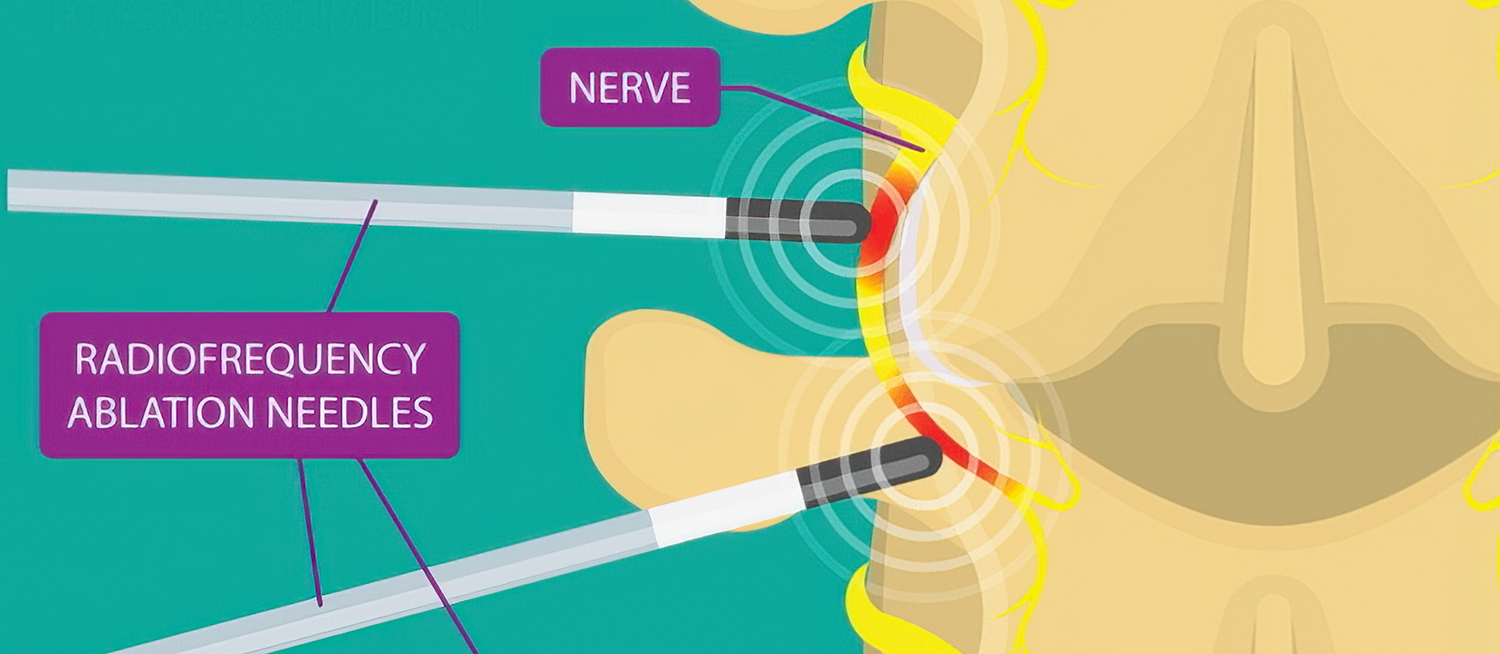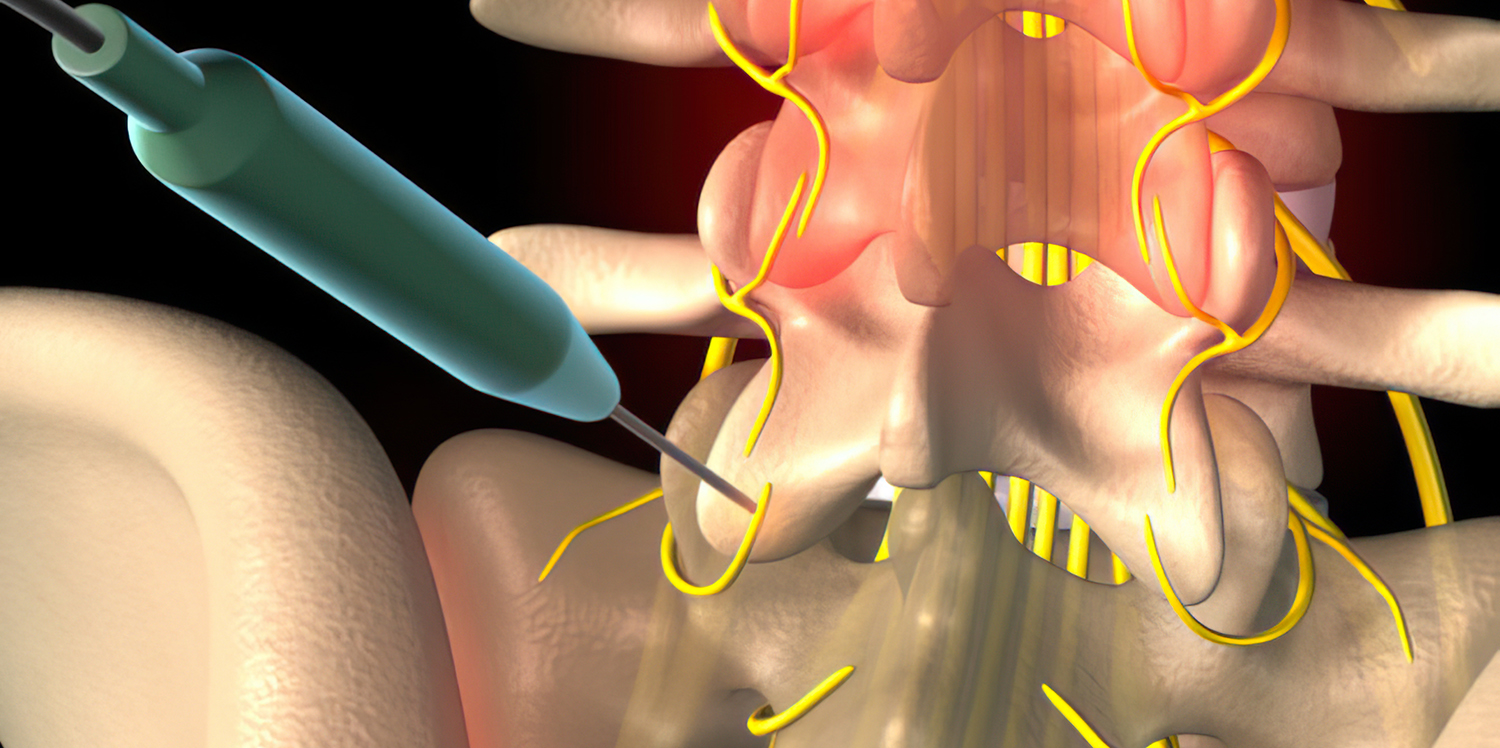RADIO FREQUENCY ABLATION

Radiofrequency ablation, or RFA, is a minimally invasive technique that shrinks the size of tumors, nodules, or other growths in the body. RFA is used to treat a range of conditions, including benign and malignant tumors, chronic venous insufficiency in the legs, as well as chronic back and neck pain.
RFA Procedure
The procedure is similar to a needle biopsy, and involves inserting a needle-like probe into the body. Radiofrequency waves are sent out from the probe into the surrounding tissue, which causes the nearby cells to die. As these cells die, the immune system removes them, which causes an internal reaction and generally results in shrinkage of the nodule.
To place the tip of the probe in the correct location, the health care provider uses ultrasound or other imaging techniques.
Radiofrequency ablation can take place in an office or outpatient setting and requires no general anesthesia. You may get medicine to help you relax for the procedure, as well as a numbing agent for the area of the skin where the probe is inserted.
Most people undergoing radiofrequency ablation can go home the same day as their treatment and can return to their normal activities within 24 hours.

Thyroid Radiofrequency Ablation
Until recently, open surgery was the standard treatment for thyroid nodules. Now, doctors can use RFA to treat them in some cases.
People living with thyroid nodules and experiencing symptoms can discuss the option with their head and neck surgeons. Some people are not good candidates for open thyroid nodule surgery due to other medical conditions. Others, who are good candidates, might prefer RFA because of its shorter recovery time compared with what’s typical for general anesthesia and open surgery.
If you and your doctor decide that RFA is appropriate for addressing your thyroid nodule, you will undergo one or more fine-needle aspiration biopsy procedures to make sure the nodule is benign.
After that test, your doctor will let you know if you are eligible for RFA. It is important to understand that because the procedure does not remove the nodule completely, you will need to have more ultrasounds of your thyroid in the future.
For most patients, RFA is appropriate only for benign (noncancerous) nodules. In some settings and with close follow-up, RFA may be appropriate for treating small cancers.
Following RFA, most patients feel normal within 24 hours. Some may notice some slight bruising or soreness, which response well to over-the-counter pain medicines.
Over time, more cells of the nodule die, and the nodule shrinks in size. The entire nodule might not be removed with one treatment, but as the nodule shrinks, symptoms are likely to improve.

RFA Treatment for Other Health Problems
Nerve Ablation
In some types of chronic pain, radiofrequency ablation can disable nerve fibers that are carrying the pain signal through the spinal cord to the brain. In the right patients, about 70% of RFA procedures provide pain relief that lasts for a year or more. The technique may be useful for some people living with chronic arthritis or degenerative back and neck problems.
Venous Insufficiency
Chronic venous insufficiency, insufficient blood flow from one or more diseased veins in the legs back up to the heart, can result in blood pooling in the legs, ankles, and feet, along with pain.
Radiofrequency ablation can seal off the diseased vein, redirecting blood flow to healthier veins in the legs.
Risks and Complications of Radiofrequency Ablation
Because RFA thyroid nodule treatment is relatively new, the risk for these procedures is still being evaluated. One possible, but uncommon, the complication is a change in the patient’s voice, which can be permanent.
In general, RFA may have lower risks than open surgery. The chief concern is bleeding or infection where the probe is inserted into the body, but this is a rare occurrence. Some people experience temporary weakness or numbness, swelling, or bruising at the insertion site.

